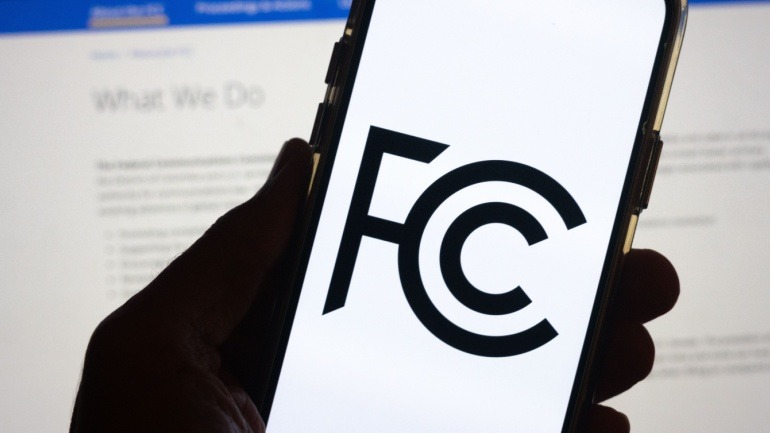The recent decision by the U.S. Court of Appeals for the Sixth Circuit has significant implications regarding net neutrality. This ruling overturned a previous Federal Communications Commission (FCC) effort to revive net neutrality regulations, reclassifying broadband providers as common carriers. This classification subjected them to regulations similar to public utilities.
Under the Obama administration, net neutrality rules were first established in 2015, identifying broadband internet as an essential service. This categorization aimed to prevent Internet Service Providers (ISPs) from discriminating against or blocking access based on payment levels. The Obama-era rules were reversed during the Trump administration, only to be reinstated in April 2024. The reinstatement occurred under President Biden with Democratic FCC Chair Jessica Rosenworcel leading the charge.
The court’s decision stems from a fundamental disagreement over how broadband should be classified. Judges Richard Allen Griffin and John K. Bush argued that broadband is an “information service,” not a “telecommunications service” as the FCC had claimed. From this perspective, broadband is not equivalent to public utilities like water or electricity services.
Following the ruling, Jessica Rosenworcel issued a statement urging Congress to act. “Consumers across the country have told us again and again that they want an internet that is fast, open, and fair,” she wrote. “With this decision, it is clear that Congress now needs to heed their call, take up the charge for net neutrality, and put open internet principles in federal law.”
On the horizon following this legal decision is the likelihood of a GOP-majority FCC headed by Republican Commissioner Brendan Carr. Carr, who voted against restoring net neutrality rules, has been vocal in his opposition. He refers to the arguments supporting broadband service as a public utility as “bogus justification.”
This court ruling marks a pivotal point in the ongoing debate over net neutrality. While some argue that deregulation encourages ISP innovation and investment, others believe robust regulations are essential to maintaining an open, impartial, and accessible internet. The decision places more responsibility on Congress to formally legislate the principles of net neutrality and establish long-term policies governing broadband internet service.







